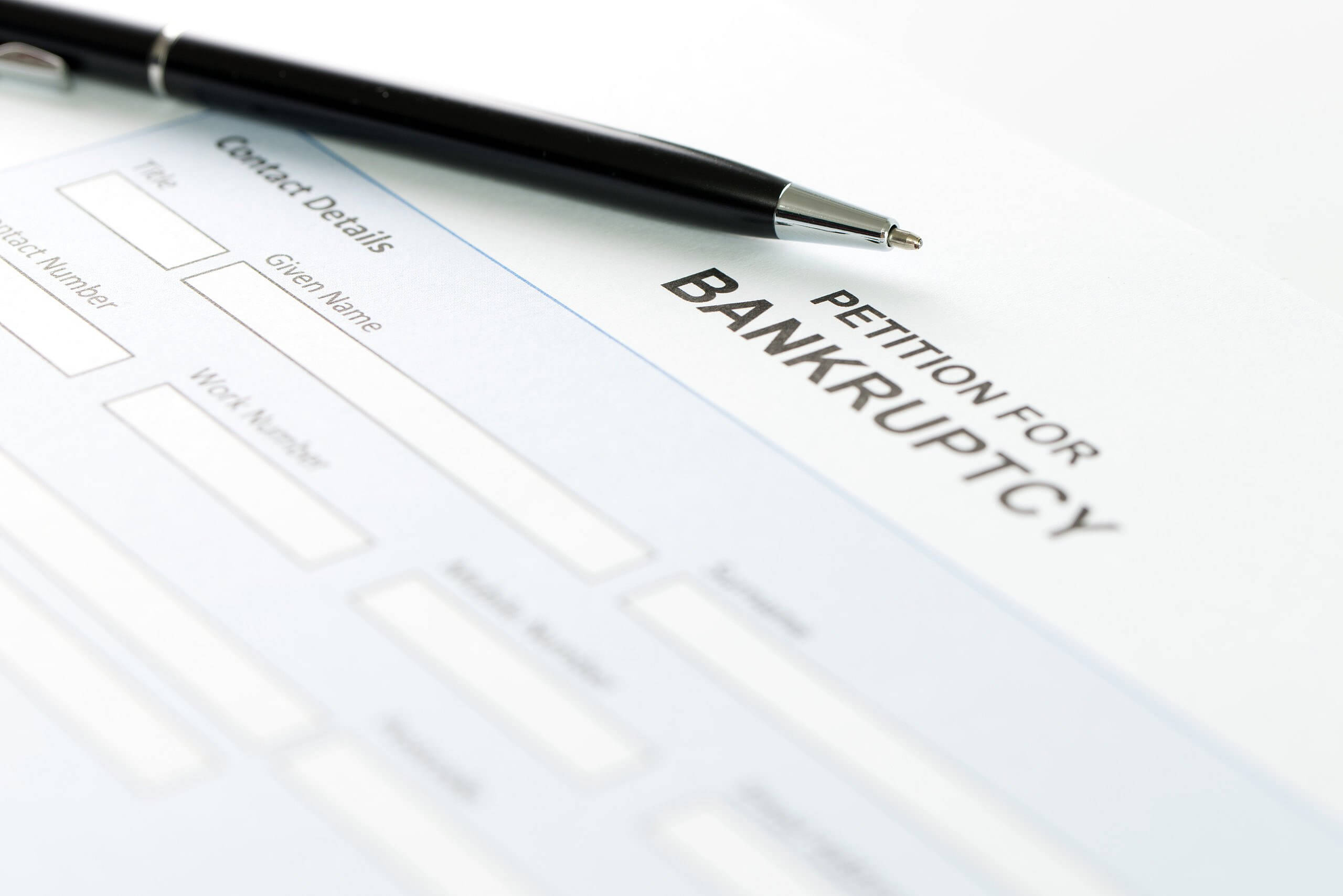Whenever someone dies, it’s never easy. It’s especially difficult when your parent dies. Not only do you have to deal with the emotional fallout that stems from losing your oved one, but your parent leaves behind a life that needs to be closed out. As their child, much of this will be your responsibility. Here is a checklist of estate planning steps to take after your parent passes away.
Immediately After your Parent Dies
- Get a legal pronouncement of death: Obtaining the official declaration of death is the initial step to take to eventually get a death certificate. If your parent died in the hospital or at a nursing home or assisted living facility, the staff will be able to take care of this. However, if they died at home, you should get a health care professional to declare the death by calling 911 and have them transported to the hospital emergency room for the declaration.
- Determine existing funeral and burial plans: In the best-case scenario, you’ve already had a discussion with your parent about their plans for a funeral, burial, or cremation. If not, then search to see if there was a pre-paid plan.
A Few Days After
- Make funeral, burial, or cremation arrangements: Research funeral prices to make the appropriate decisions. If your parent was in the military, contact the Veterans Administration to check if they offer special rates or benefits.
- Secure the property: Lock up your loved one’s home and vehicle and valuables.
- Provide care for pets: Ensure that the pets have temporary caretakers until a permanent situation is resolved.
- Notify employer: Inquire about benefits, paychecks, and if there is a company-wide insurance policy.
A Week or Two After Death
- Secure certified copies of death certificates: These will be necessary to close the bank and brokerage accounts, to file insurance claims, and to register the death with government agencies.
- Determine if your parent had an estate plan: It will be easier to handle the estate if they already have an estate plan in place where they compiled all of the related documents in one location. Ideally, these documents will discuss how their property should be distributed.
- Gather the important documents: If your parent dies without the necessary documents readily available, you will need to obtain them, including a birth and marriage certificate, social security card, tax returns, and other financial documents. Although it might be difficult, it’s a necessary part of the process.
- Find the will if there is one: You and other survivors will want to know how your parent’s property, money, and other assets will be distributed. Hopefully, you have already discussed this with them before and that there is a will and you can get to it.
- Handle life insurance issues: Because disputes may occur with insurance companies, it’s a good idea to be proactive and reduce the risks of possible disagreements. Usually, as long as a death certificate is delivered and you are an authorized life insurance recipient, the beneficiary will receive a check.
- Contact the Necessary Government Organizations: Inform the appropriate agencies that are in charge of distributing benefits, such as the Social Security Administration or the Veteran’s Administration, if applicable.
- Make a list of all assets: Probate is the process of executing a will and the process usually begins with an inventory of assets.
Talk to a New York Estate Planning Lawyer
Nothing can fully prepare you for the challenges that arise when your parent dies. However, getting the assistance of a knowledgeable estate planning lawyer can help make the transition easier. Consider contacting an experienced MOWK Law estate planning attorney to plan your next move.










